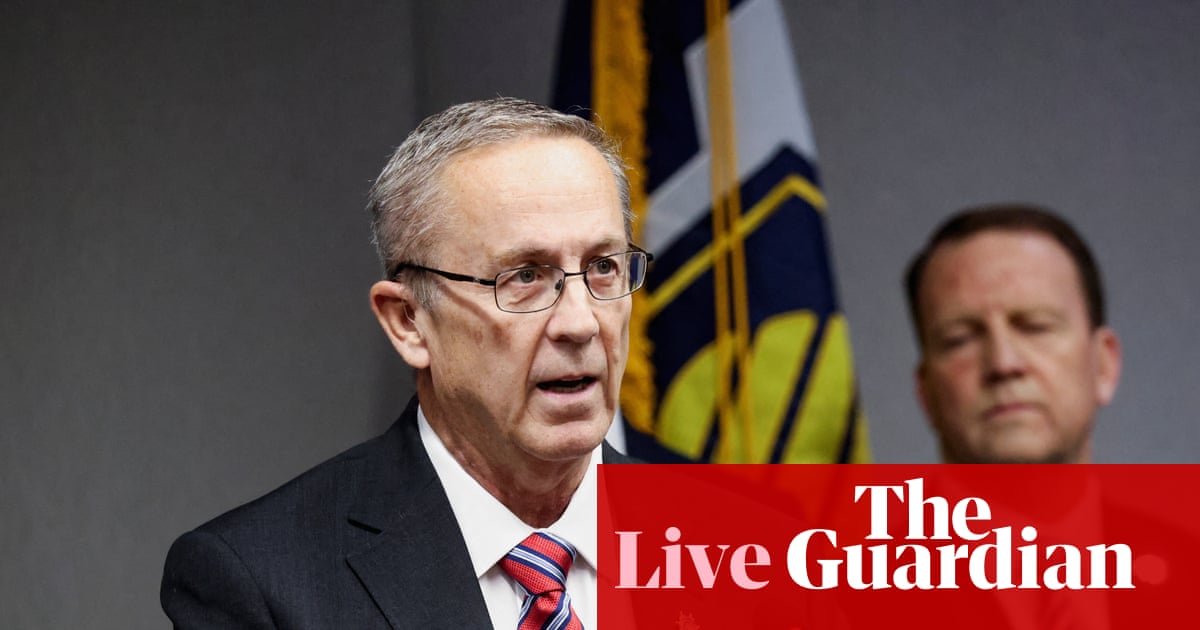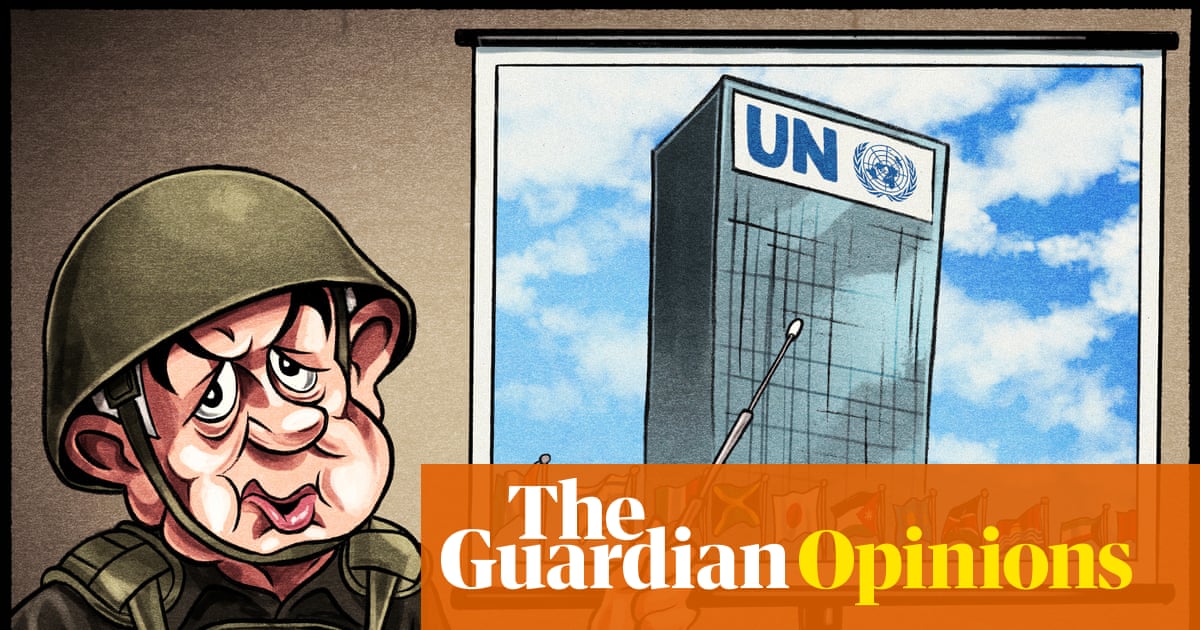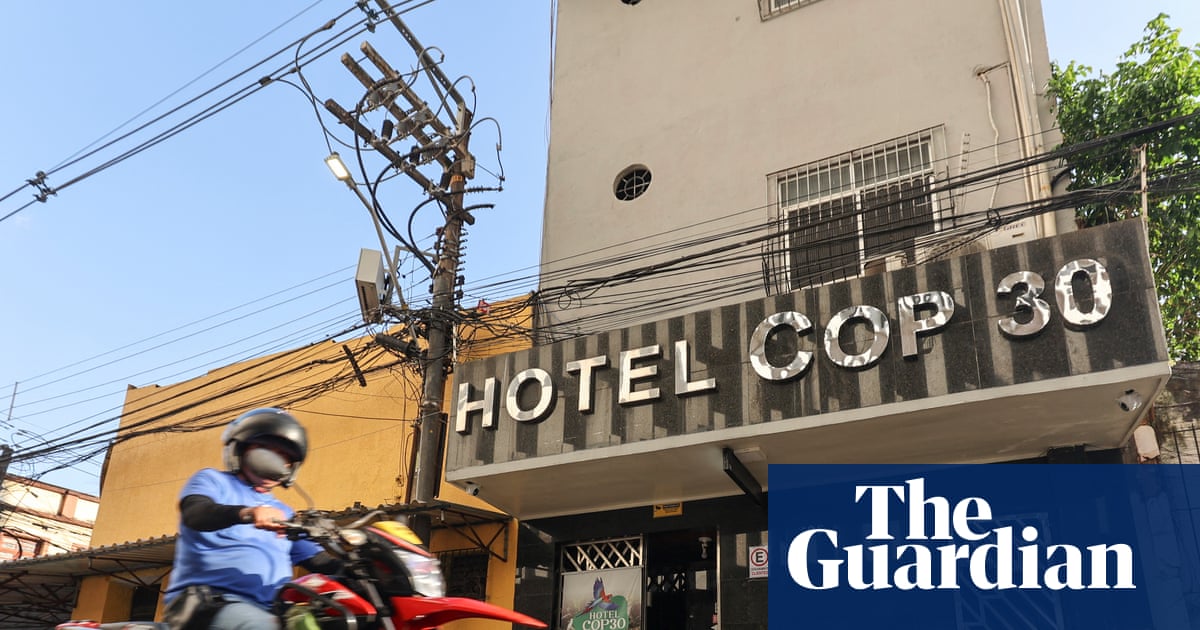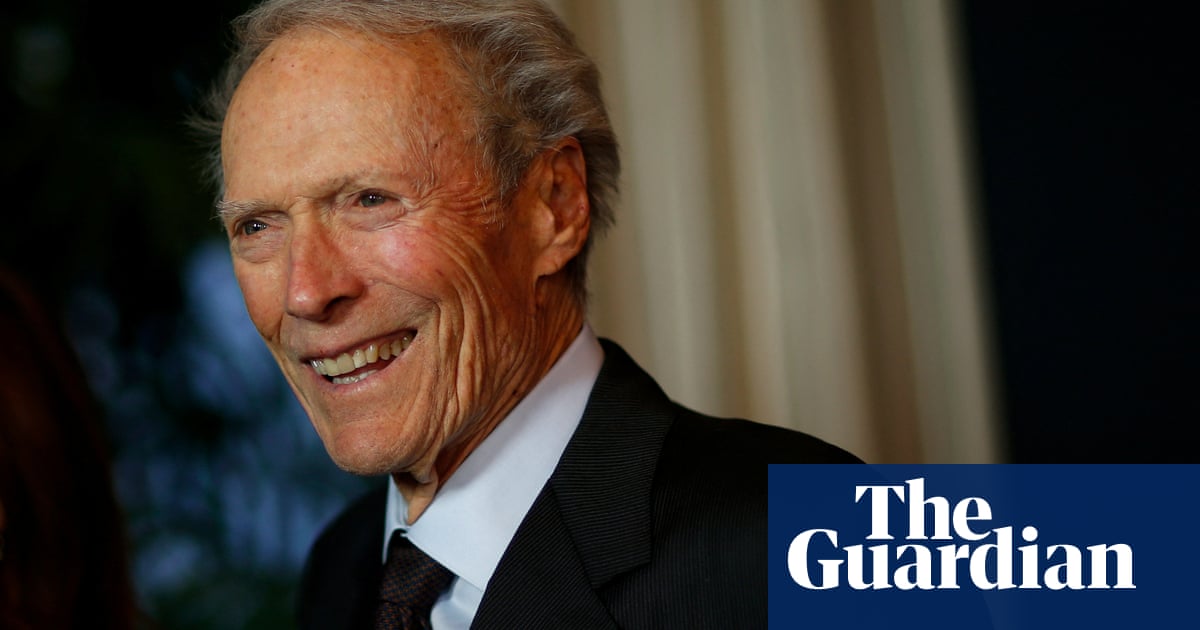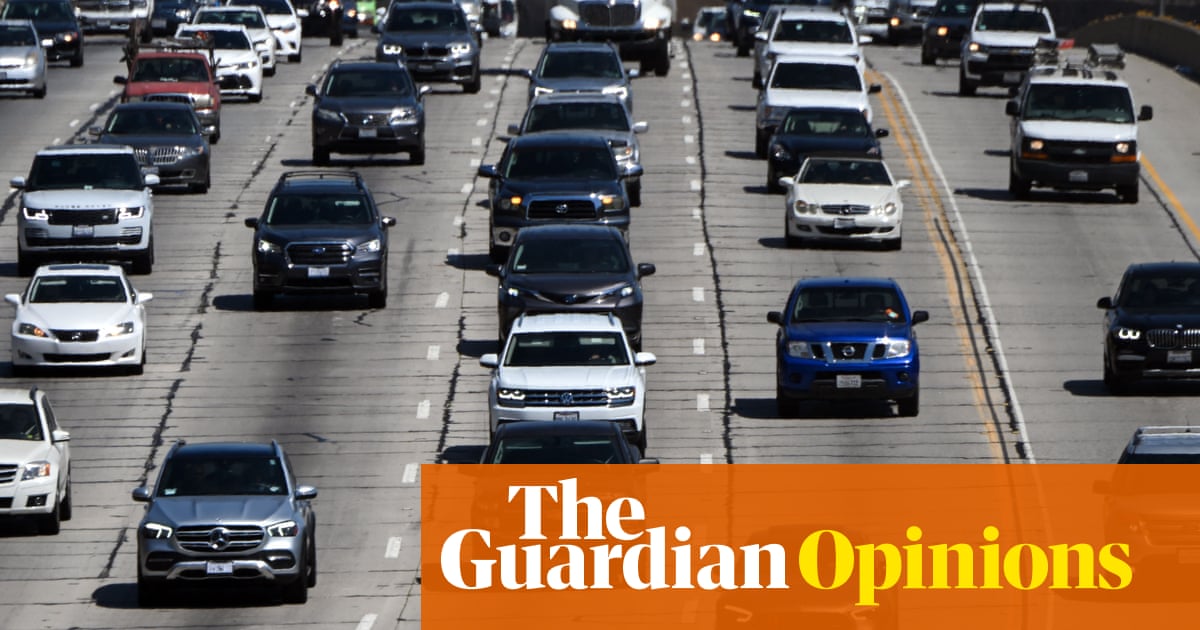Police forces will struggle to fulfil Keir Starmer’s promise to recruit an additional 13,000 officers and the public will “pay the price”, police leaders have warned, after the chancellor outlined a decline in Home Office spending power on Wednesday.
The National Police Chiefs’ Council said it would be incredibly difficult to deliver the prime minister’s election pledge within the lifetime of this parliament, with a projected £1.2bn shortfall in police funding expected to grow.
The Police Federation said the consequences of the spending review were “deeply worrying” and predicted cuts across the service.
Rachel Reeves outlined plans for an average 2.3% rise in police spending a year, but the Home Office’s spending will decline by 2.2% a year. Only two other departments will face a larger fall.
The Norfolk chief constable Paul Sanford, who is head of the NPCC’s finance coordination committee, said the 2.3% increase announced by the government covered last year, leaving a 1.7% increase in funding for this spending review period.
“It will be incredibly difficult for the commitment to deliver the additional 13,000 neighbourhood police officers to be delivered within this funding envelope,” he said.
Forces were given £200m as a standalone grant this financial year towards the 13,000 recruitment, which would recruit 3,000 officers into neighbourhoods, he said.
“Any further progress that we make towards the 13,000 without new money would only come through delivering savings elsewhere in our budgets. We have had years of making savings from our budgets, and we think that that is remarkably challenging,” Sandford said.
Before the election, Labour promised 13,000 extra police officers, PCSOs and special constables, which would bring the total police workforce to a level above its 2010 peak. Starmer repeated the pledge as a “milestone” in December.
Police sources told the Guardian there would be cuts in resources given to areas which have not been ringfenced by previous government pledges.
Budgets to fight fraud, which makes up more than 40% of all crime affecting people over 16 in England and Wales, are vulnerable to cuts.
One source said: “This government has placed emphasis, quite rightly, on community policing, violence against women and girls, knife crime, county lines and violent crimes. You have to look at that and think that fraud, which is a growth area for criminals, is going to face cuts.”
It will be decided in December how money will be shared between the 43 forces in England and Wales. The pay settlement to be given to officers is also not yet known.
The acting national chair of the Police Federation, Tiff Lynch, accused Reeves of failing to listen to police officers or the home secretary in the lead up to the review. “It is beyond insulting for cabinet ministers to call on police to ‘do their bit’ when officers are overworked, underpaid, and under threat like never before,” she said.
“The signs are deeply worrying; the consequences will be even more so. And those consequences sit squarely on the shoulders of the chancellor and the prime minister.”
Police “core spending power” will increase by 1.7% a year over the course of this parliament, according to the spending review.
The Liberal Democrats claimed that the government was relying on a “hidden council tax bombshell” because chief constables would be forced to seek rises in the PCC council tax precept to ensure that forces can maintain a service.
Lisa Smart, the Liberal Democrats’ home affairs spokesperson, said: “The government is relying on a hidden council tax bombshell to fund their half-hearted rise in police funding as they pass the buck to local families.”
Sadiq Khan, the mayor of London, said: “I remain concerned that this spending review could result in insufficient funding for the Met and fewer police officers.
“After frontline policing was neglected for years under the Conservatives, local communities deserve better than this sleight of hand.”

 3 months ago
48
3 months ago
48




